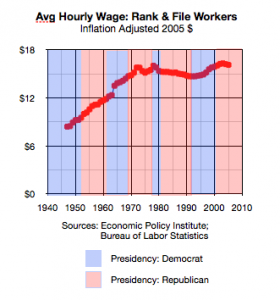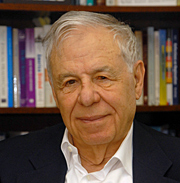
Forget China: the $10 trillion global black market is the world's fastest growing economy — and its future.
Robert Neuwirth
Foreign Policy, 28 October 2011
It wasn't a matter of technology. David is not an inventor or an engineer, and his insights into his country's electrical problems had nothing to do with fancy photovoltaics or turbines to harness the harmattan or any other alternative sources of energy. Instead, 7,000 miles from home, using a language he could hardly speak, he did what traders have always done: made a deal. He contracted with a Chinese firm near Guangzhou to produce small diesel-powered generators under his uncle's brand name, Aakoo, and shipped them home to Nigeria, where power is often scarce. David's deal, struck four years ago, was not massive — but it made a solid profit and put him on a strong footing for success as a transnational merchant. Like almost all the transactions between Nigerian traders and Chinese manufacturers, it was also sub rosa: under the radar, outside of the view or control of government, part of the unheralded alternative economic universe of System D.
Phi Beta Iota: The old estimate was $2 trillion a year, of which half went to bribes paid to government officials. To put this in a larger context, governments have failed to adapt and failed to represent the bulk of their populations — they have been captured at the upper levels by lobbyists, “experts” and the elite 1%, and at lower levels by common one to one bribes. Hence, in the new economy, the 99% are routing around government, and creating their own hybrid forms of governance, generally driven by information and reality instead of ideology and greed. It can be said that the illegal economy is more honest than the “legalized crime” economy.
See Also:
Illicit: How Smugglers, Traffickers, and Copycats are Hijacking the Global Economy








